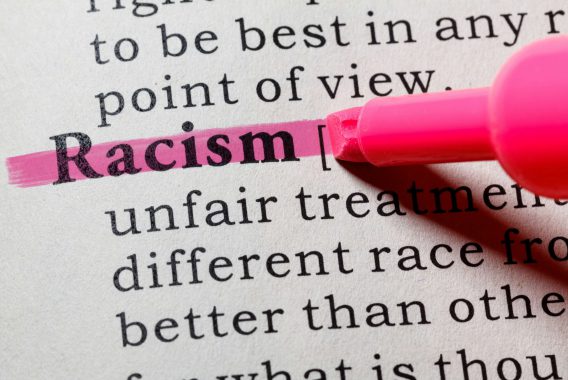The label of racism in UK medicine is not helping discourse

The case of Dr Hadiza Bawa Garba, and more recently evidence highlighting revalidation deferral among BME doctors, following on from reports of the ‘snowy white peaks’ of the NHS and the higher level of complaints against minority ethnic doctors, has led to UK medical institutions being given the label of racism.
Yet whilst evidence may be continuing to emerge to suggest disparities in how BME doctors fare, it does little to help understand the issue in depth.
As an Indian born in the UK, I would rather we enter into more searching discourse as to why these disparities arise. My upbringing thus far has led me on a journey of significant diversity. Many of my friends at school were Jewish. I knew the importance of Friday (Sabbath) to my Jewish friends – I was not allowed to call or see them and eagerly awaited Saturday to socialise. I recently attended thanksgiving in the US with a Jewish family, and my last research sabbatical was at a Jewish medical school. Similarly, I had many friends with Chinese heritage at school and I understood their culture early on too. So living in East Asia for four years felt completely natural to me.
As Asians in the UK we have to understand that each country is run in a certain way. The ‘stiff upper lip’ is something I don’t understand at times, in fact it makes me nervous and I often enjoy the flexible, animated can-do attitude of the US. But every nation operates a certain way. Is medical regulation in the UK truly at fault? In light of recent events, many have argued so. But maybe regulatory processes ensure continued rigour that we may not see in less developed nations. I recently successfully revalidated as a minority and while I have questioned previously the long term value of this process, the process of licensure maintenance in the UK is such. Similarly, whilst maintaining a licence in Singapore I abided by the local regulatory processes.
This country is now highly diverse and for my generation growing up in such diversity was normal
For those that migrate to the UK or are minorities born here, the culture is still very much British. We shouldn’t expect to change it. But what we can try to change is our understanding of one another. Do we hold a perception or affinity bias? And, if so, how can we rewire our thinking? As Asians do we lament the days of colonisation and should we continue to hold the UK to account for the many travesties that occurred? Maybe that is part of our frustration and rightly so. Should the UK be critiqued for its continued colonial mentality? For example, we still choose to export our educational models abroad and fail to allow developing nations to build their own. And we recruit candidates from abroad who bear the brunt of great educational expense knowing the likelihood of them being employed long term is minimal.
Is it a generational issue? In view of Brexit and the desire for Britain to be ‘Great again’ maybe so. This country is now highly diverse and for my generation growing up in such diversity was normal. For those who are older it may be difficult to adjust to. They may feel as foreigners in their own country. It has been suggested BME doctors are more likely to face investigation by the GMC. Could this be due to the public at large holding ingrained biases? If so, this in turn could lead to a higher referral rate and hence investigation by default. The regulator states that it functions to protect patients, after all.
A label of racism as a default is not the way to go. I could myself claim racism every time I failed to succeed. And I have failed many times, be it to get jobs, succeed in exams or obtain research funding. Was that racism at play, or just not being of the required UK standard at that time? I believe in the latter.
I believe that as doctors who care for a diverse population, we have no place in the profession we are in if we are harbouring a prejudiced mind-set. We as doctors may hold all the degrees, positions and titles we wish. But that does not garner life-long respect. Being simply book smart is not necessarily street smart. If we lack real life exposure, a desire for humanism and a willingness to understand each other, nothing will ever change.
Dr Neel Sharma is an academic clinical lecturer in gastroenterology at University Hospitals Birmingham NHS Foundation Trust
Pulse July survey
Take our July 2025 survey to potentially win £1.000 worth of tokens












